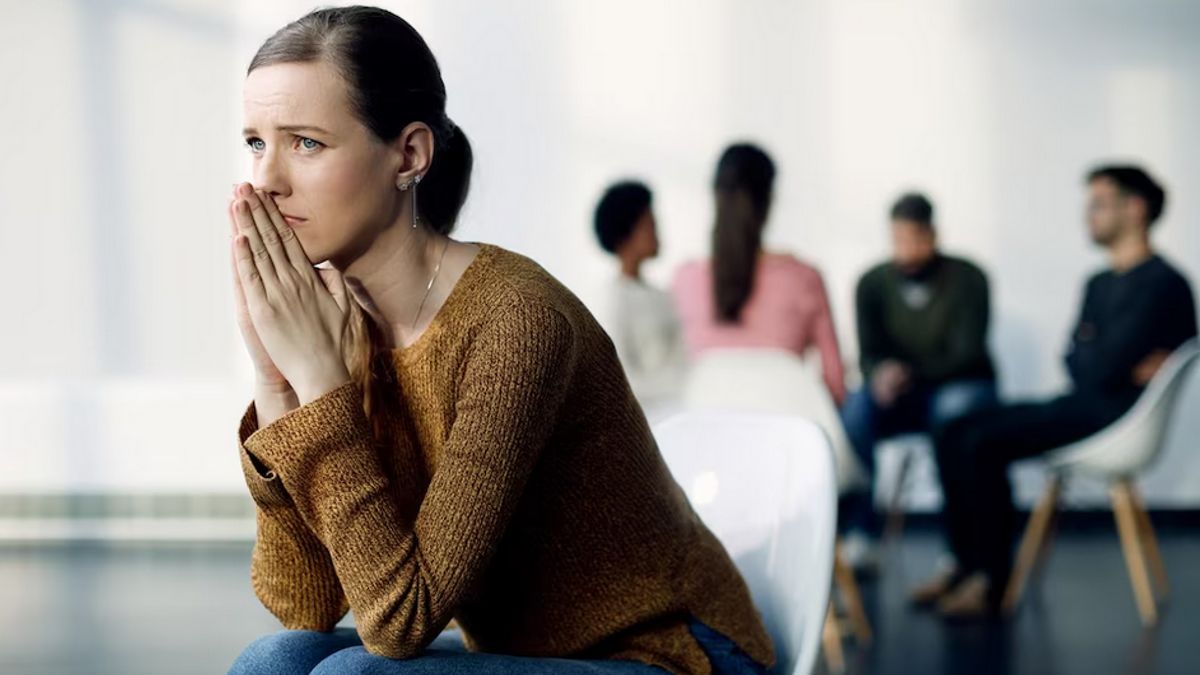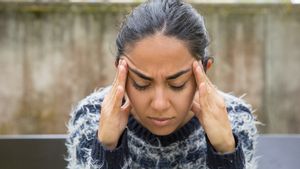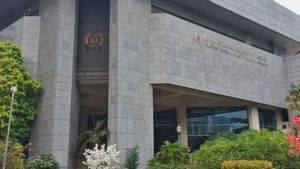YOGYAKARTA For introverts, meeting many people without pause makes them feel tired, irritated, and blunt for a moment. Introverts can appreciate socialization, but they need to prepare a lot of energy. Called social fatigue, where an introvert experiences burnout or is also known as a hangover introvert. Although this condition is not a medical diagnosis, it is often experienced by introverts or extroverts who in fact can enjoy social activities more.
Fatigue after meeting large crowds, can be an emotional or physical response to excessive social stimulation so that a person feels physically tired, stressed, easily angry, or easily offended. This fatigue may be experienced by introverts when they don't get enough time alone. According to research reported by PsychCentral, social interactions that last more than 3 hours can cause fatigue after socializing.
Social fatigue does not just happen. But it is necessary to practice managing emotions so that it does not affect your mental health. So, if you recognize the early signs, you need to recognize how to deal with them. Initial signs of social fatigue include feeling energy is exhausted, too reactive, unable to sleep. Other signs when social burnout, among others, lose motivation, feel helpless or desperate, feel separated from others, and there is a desire to withdraw. Here, tips for introverts to prevent and overcome social fatigue after meeting many people.
The trigger for social fatigue may not be due to meeting many people. So it needs to be identified first what causes you to feel drained of energy. In addition to social fatigue, other general things can also trigger, such as feeling obliged to talk to many people, attending family reunions or busy vacations, needing socializing to work, attending big events, or participating in group projects for a long time.
Even extroverts can feel tired if there are more schedules for meeting other people or attending social events of more than two. This means that you can practice how to say 'no' if you know it will drain your emotions and yes when attending social events that you can really enjoy.
Do you need to meet a lot of people at work, school, or at home? If so, set aside a time of at least 10-30 minutes a day that is completely your choice. This time can be used to recharge or reconnect with yourself.
It may seem strange to prevent social fatigue by talking to other people. But opening up about social fatigue to your partner, family, friends, or therapist can be useful. Most importantly, find someone who can be a good listener and listen to you without being disturbed.
Many studies have shown that training awareness can help overcome anxiety. There is also evidence that meditation may have a beneficial effect on anxiety. Meditation can be done in a relaxed voice, spending time in nature, or breathing deeply also helps relieve tensions.
Self-care can help you feel better by listening to your body. For example by cooking, listening to music, dancing, or exercising is an example of self-care. Anything that can help you feel calmer than fatigue or lower stress levels, can be called self-care.
If you are often tired of social fatigue, it means that you need to take time to make schedules, plans, or rearrange if they are too crowded. Also consider the time to rest from social media and take the time for yourself.
In addition to the seven tips above to overcome social fatigue, you can also create journals that help prevent and identify the trigger. Well, if you experience severe social fatigue, you can ask mental health experts for help to discuss your condition.
The English, Chinese, Japanese, Arabic, and French versions are automatically generated by the AI. So there may still be inaccuracies in translating, please always see Indonesian as our main language. (system supported by DigitalSiber.id)













